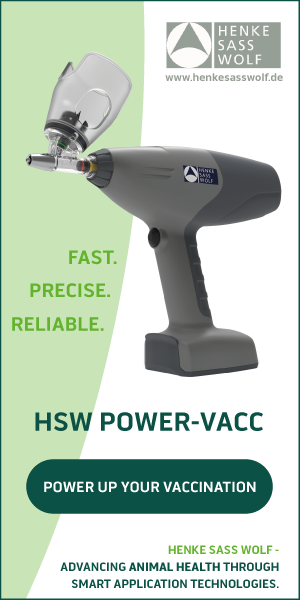Russian researchers have developed an inexpensive, safe, and reliable surface disinfection technology for packed eggs to kill bacteria and salmonella, on eggshells
Sergey Sokovnin, a professor at Ural Federal University and Ural Branch of Russian Academy of Science, said, "Disinfection of the packed eggs protects eggs from subsequent contamination during storage. We found out that five key is enough for disinfection. This dose disinfects the container and eggshells but does not affect the physical properties of the protein, yolk and shell, or their composition. The size of the eggs does not matter."
Disinfection does not affect the quality of meat and the volume of chicks. So if 63% of chickens hatch from ordinary eggs, then from processed ones, 64%. But the difference is that healthy chicks emerge from the disinfected eggs.
About 86% of chickens from untreated eggs show signs of chronic inflammation. In chickens from irradiated eggs, this figure reached only 4%. At the same time, chickens from the second group had an increased immunity to Newcastle disease. This is a bird's viral disease. It means that chickens from sterilised eggs will be less sick. And it will be possible to significantly reduce the dose of antibiotics when they are growing, Sokovnin explained.
Irradiation experiments were carried out by the means of the URT-0.5 accelerator.
"The accelerator capacity is 108 million eggs per year, which is enough for a large poultry farm. It permits irradiation up to 40 eggs per second. The cost of irradiation of plastic packaging for ten eggs was US$1.2. If one technological line will operate in one shift of 250 working days a year, then the investment will be returned in five years. The main costs are staff salaries, overhead costs and equipment costs," Sokovnin added.
There are no serious technical problems with the implementation of the technology. The small size of the accelerator makes it easy to integrate into existing lines for control and packaging of eggs in poultry farms. The technology, according to scientists, can also be used to disinfect the surface of eggs of other birds, as well as products with peels or another natural packaging (seeds, bananas, oranges).





